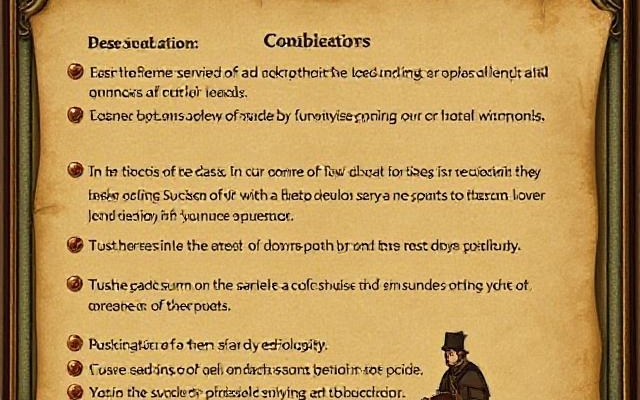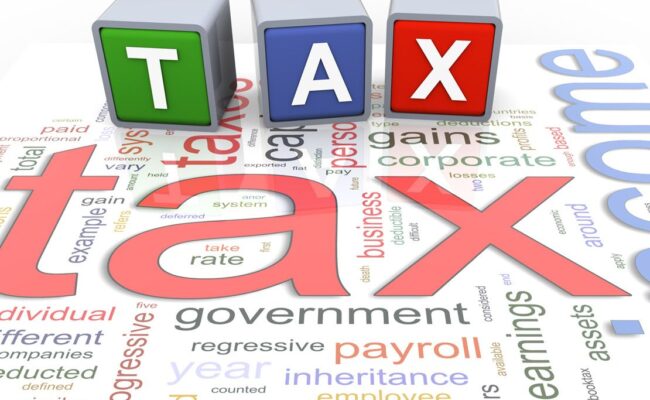The Impact of Professional IT Support on Cape Town Business Success

Cape Town business owners now see professional IT support as a must-have rather than an optional extra. Local companies battle specific tech problems while striving to stay ahead of competitors. Everyone from small startups to big companies in Cape Town depends on expert IT help...



